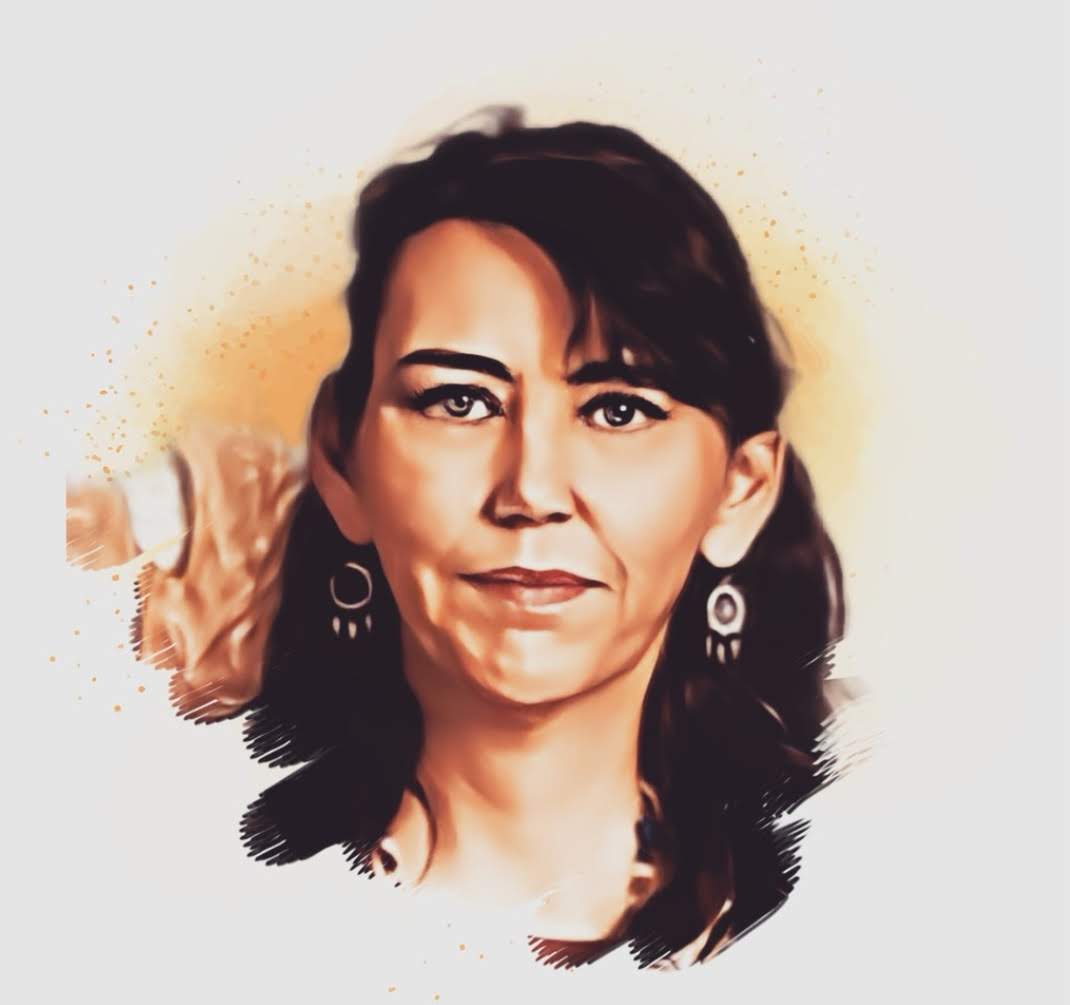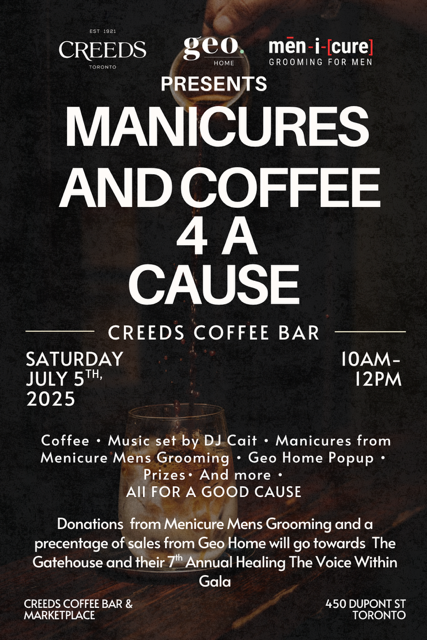Review of The Body Keeps the Score; by Bessel van der Kolk
As one of the world’s top experts on traumatic stress, Dr. Bessel van der Kolk, helps the reader understand how trauma impacts and changes the mind and body of the affected. He then unfolds the progression of research and treatment; helping the reader appreciate that the trauma survivor’s brain changes and their body can be significantly impacted, amplifying the suffering of the individual.
The information is presented in a slightly more academic approach than some readers may be comfortable with; but if you are interested in truly understanding what is going on in the the brain, nervous system, chemistry of the body and how symptoms can be treated, your investment in time to read this book will be incredibly helpful for your pursuit of healing. For those who support trauma survivors; the insights will help you not only appreciate the extent of suffering a survivor can experience, but you will be better equipped to help liberate those you care about.
The book initially goes into the impact of trauma on military veterans but doesn’t focus exclusively on that, so don’t put the book down – there is lots of nuggets to help the Childhood Sexual Abuse Survivor and developmental trauma is well addressed.
The following covers some of my own personal takeaways from his book, I share them with you and encourage you to read the book to fully explore how it applies uniquely to you.
Trauma Causes Agonizing Guilt & Shame
Bessel writes about how those who experience extreme forms of trauma; the kind soldiers might experience; domestic abuse survivors and child abuse survivors are subject to; they all seem to be weighed down by deep guilt and shame. These feelings stem from what they may have done, or not done to prevent the trauma they experienced. The Gatehouse Phase 1 program delves into this; helping the peer groups to understand that the guilt and shame is not theirs to own. This is transforming for the participant and opens one up for self compassion; a critical step towards healing deep emotional wounds.
Trauma Changes The Brain
MRI scans of the brains of trauma survivors provide clear evidence that the trauma survivors’ brain shows considerable differences when compared to a normal healthy brain. In some cases, early childhood trauma can even prevent critical areas of the brain to fully develop. It’s common for a CSA survivor to have neural pathways which fast track to the emotional brain (limbic system) rather than filtering thoughts through the thinking brain (cognitive ). Essentially, PTSD & CPTSD are the result of actual brain injuries. Phase 2 of the Gatehouse program further dives into the neuroscience of this and how we can embrace the power of the brain’s own plasticity to support the healing of the brain.
Trauma Changes The Nervous System
Contrary to popular belief, trauma is not all in your head; it impacts your parasympathetic and sympathetic nervous system which regulates the physical sensations around the flight, fight, or freeze response PTSD sufferers typically have a challenge regulating. The vagus nerve is another critical system which controls areas in your body. Your trachea, esophagus, pancreas, liver, colon, stomach are among some of the more well known body parts which are severely impacted by trauma.
Trauma Is Treatable
After exploring the many impacts of trauma, Bessel shares what scientists have learned about management of symptoms and promoting healing. He gives the reader hope of a better future; sharing how yoga, mindfulness, meditation, music, art can all promote new neural pathways, better regulations of the nervous system. He also shares the promising results of therapeutic use of neurofeedback to train brain waves to better serve the individuals need for emotional and physical regulation.
Building a Trauma-Conscious Society
Dr. Bessel van der Kolf concludes his book, The Body Keeps The Score with a message of hope; nearly everyday new information is learned about the traumatized brain and how it can be repaired. Society is learning to accept that trauma is not the fault of the victim but does have consequences to the society as a whole.
Until the day comes that there is a clear path to healing; I say, let’s fold the healing into our life journey. Making our story of trauma and road to recovery be a motivator to others to be active in the prevention and healing.
Click the link below to purchase this book on Amazon.



